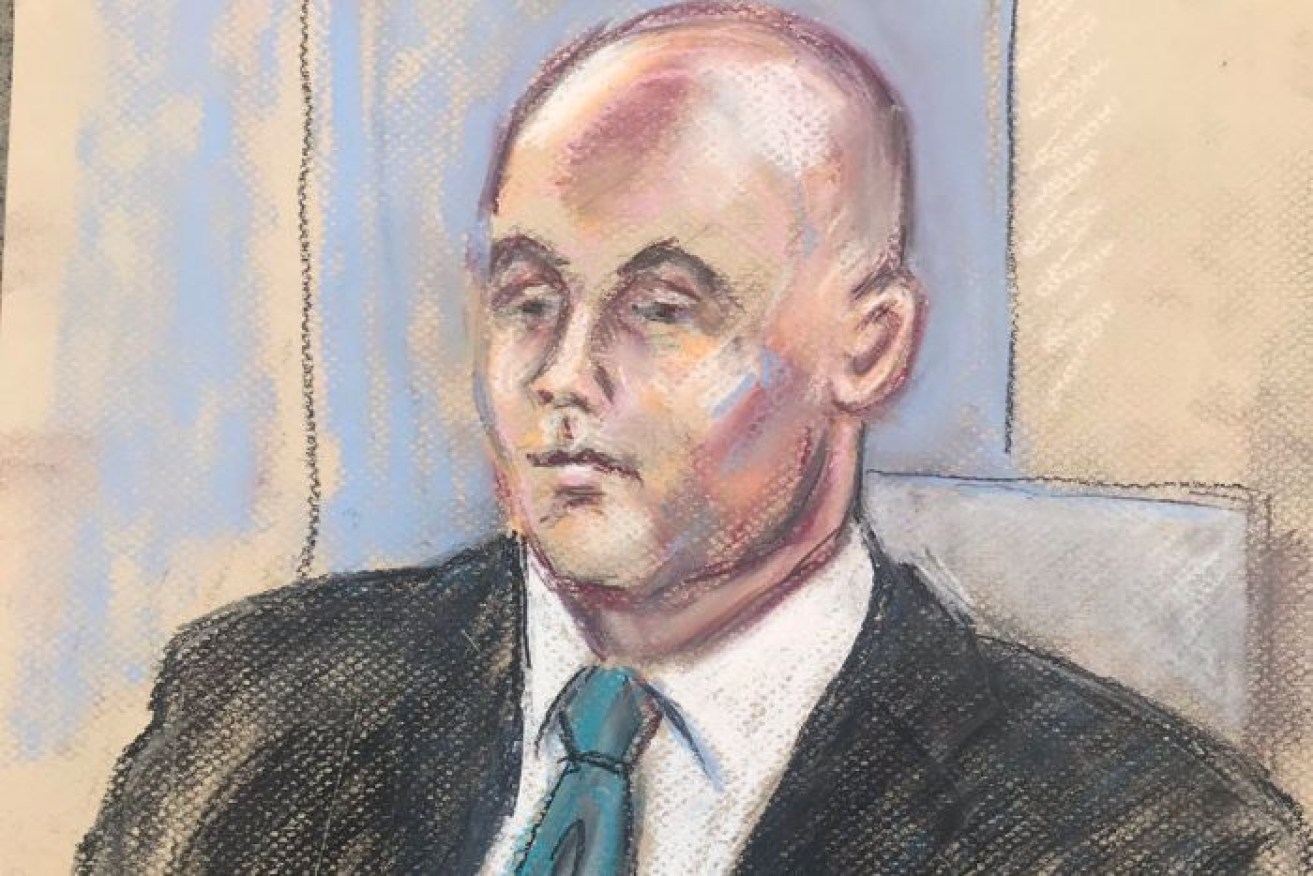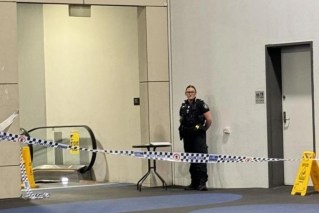Man who hid wife’s body guilty of manslaughter

Riggs has been convicted of interfering with a corpse but maintains innocence over murder. Photo: ABC
A man accused of murdering his wife in Redcliffe, north of Brisbane, nearly 18 years ago has been acquitted of the crime and instead found guilty of the lesser charge of manslaughter by a Supreme Court jury.
Edmund Ian Riggs admitted at the beginning of his trial to burying his wife Patricia Anne Riggs’ remains in 2001 but denied it was murder.
The 34-year-old mother of four went missing in September 2001.
Her partial skeleton was uncovered 15 years later by the new owner of the family home while he was building a retaining wall.
Riggs had continuously lied to family and police about his wife’s disappearance until the first day of his Supreme Court trial last week when he pleaded guilty to interfering with a corpse.
The 60-year-old took the stand at the end of the trial and told jurors he pushed his wife during a heated argument over sex workers after she spat on his face.
He claimed she fell, hit her head on a bedpost, began convulsing on the floor and died within seconds.
Riggs said he panicked and wrapped his wife up in bedding, put her in the boot of their car and drove to bushland near Caboolture where he buried her body in a shallow, unmarked grave while their children were sleeping.

Patricia Anne Riggs’ remains were uncovered in a Margate backyard. Photo: QPS
He said he returned years later and moved part of her skeleton because he saw heavy machinery in the area and was worried her body would be found.
Ms Riggs was then buried behind a shed on the Margate property.
Riggs claimed he lied for years because he was afraid of being sent to jail and leaving their children parentless.
In his closing address, prosecutor Todd Fuller told jurors that Riggs was a calculated, manipulative liar who did not want anyone to know the true cause of his wife’s death.
Defence counsel Lars Falcongreen said it was a “terrible thing” for his client to bury his wife’s body and lie about it, but it did not make him guilty of murder.
Mr Falcongreen asked the jury to consider accidental death or manslaughter.
It took jurors almost a day to reach their unanimous verdict.








